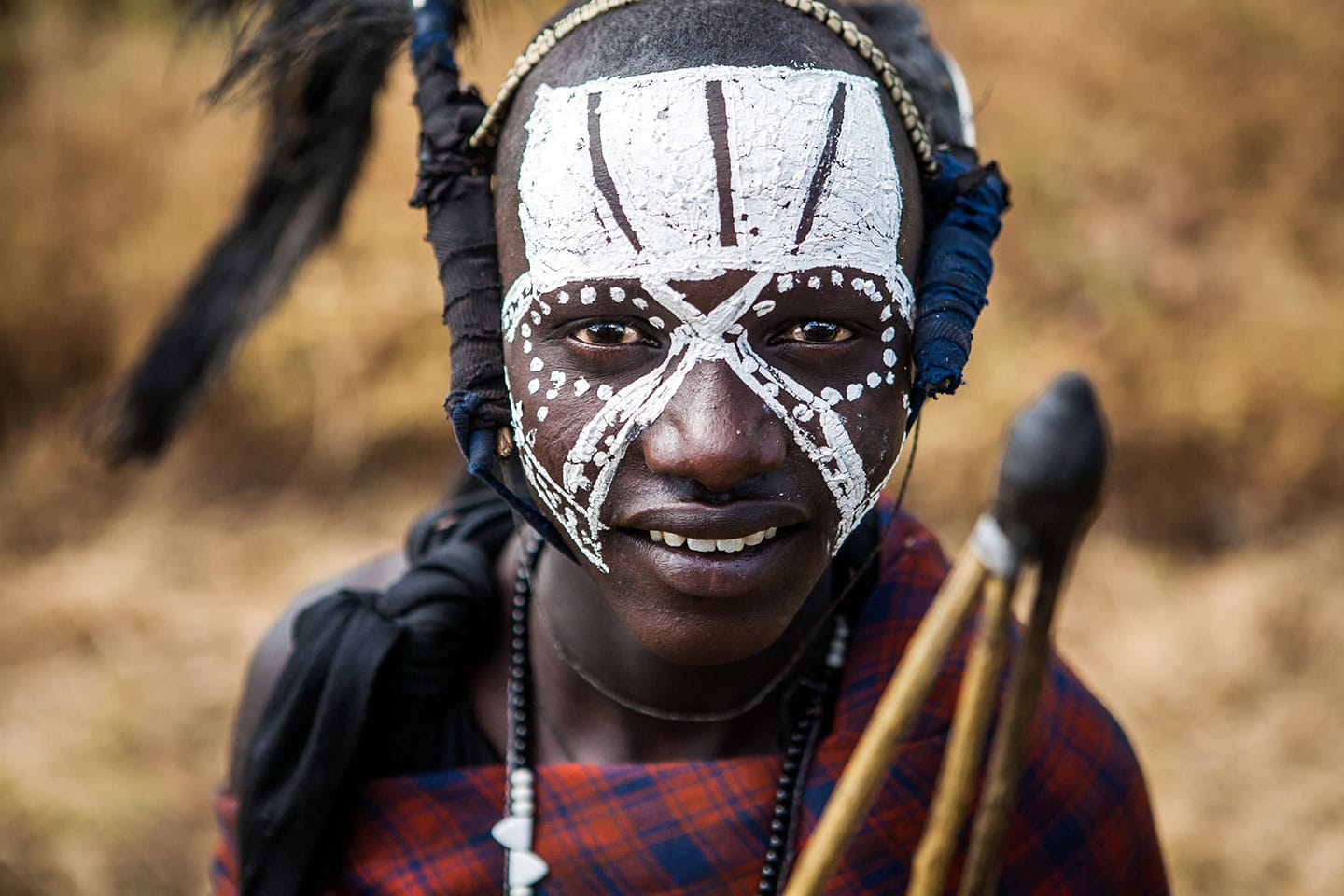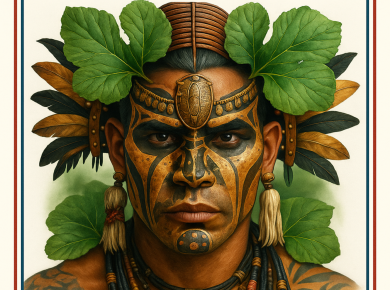Indigenous Research Methodologies
Indigenous Research Methodologies: Complete Guide to Cultural Research Approaches 2025Discover Indigenous research methodologies that honor cultural knowledge systems. Learn ethical frameworks, community-based approaches, and decolonizing practices for respectful research.
Understanding Indigenous Research Methodologies: A Comprehensive Framework
Indigenous research methodologies represent a revolutionary approach to knowledge creation that centers Indigenous ways of knowing, being, and doing. These methodologies challenge Western academic paradigms by prioritizing community sovereignty, cultural protocols, and relational accountability in research processes.
What Are Indigenous Research Methodologies?
Indigenous research methodologies are systematic approaches to inquiry that emerge from Indigenous worldviews, values, and epistemologies. Unlike conventional Western research methods, these methodologies emphasize reciprocity, relationality, and responsibility to community well-being. They recognize Indigenous peoples as knowledge holders rather than subjects of study.
Core principles of Indigenous research methodologies include:
Relational Accountability: Research relationships extend beyond the academic institution to encompass the entire community, including ancestors and future generations. Researchers must maintain ongoing relationships and ensure research benefits flow back to communities.
Cultural Protocols: Every Indigenous community has specific protocols governing knowledge sharing, ceremony, and research conduct. These protocols must be respected and integrated into research design from conception to dissemination.
Community Sovereignty: Indigenous communities maintain the right to control research conducted within their territories and involving their knowledge systems. This includes determining research priorities, methodologies, and ownership of outcomes.
Holistic Knowledge Systems: Indigenous research methodologies recognize the interconnectedness of spiritual, emotional, mental, and physical dimensions of knowledge. This contrasts with Western academic compartmentalization of disciplines.
Key Frameworks in Indigenous Research
Tribal Critical Race Theory: This framework examines how colonization and racism impact Indigenous communities while centering tribal sovereignty and self-determination. It provides tools for analyzing power structures within research relationships.
Indigenist Research Paradigm: Developed by Indigenous scholars, this paradigm emphasizes self-determination, cultural integrity, and the transformative potential of research for Indigenous liberation and healing.
Community-Based Participatory Research (CBPR): When adapted through Indigenous lenses, CBPR ensures community members are equal partners in all research phases, from problem identification to solution implementation.
Implementing Indigenous Research Methodologies
Successful implementation requires extensive preparation and relationship building. Researchers must first understand their positionality and potential impact on communities. This includes examining personal biases, colonial conditioning, and motivations for conducting research.
Protocol Development: Work with community leaders to establish appropriate protocols for entering territory, conducting research, and sharing findings. These protocols often include ceremonial elements and ongoing accountability measures.
Knowledge Validation: Indigenous research methodologies employ diverse validation strategies including Elder review, community feedback circles, and ceremonial confirmation. These processes ensure research accuracy and cultural appropriateness.
Ethical Considerations: Beyond institutional ethics boards, Indigenous research requires ongoing ethical reflection and community consultation. Researchers must consider long-term impacts and ensure research serves community goals.
Benefits and Outcomes
Indigenous research methodologies produce more accurate, culturally relevant, and actionable research outcomes. They strengthen community capacity, preserve traditional knowledge, and create pathways for Indigenous self-determination. These approaches also enrich academic understanding by incorporating diverse epistemologies and methodological innovations.
Research conducted through Indigenous methodologies often leads to policy changes, program improvements, and community healing initiatives. The emphasis on reciprocity ensures academic institutions contribute meaningfully to community development and cultural revitalization.
Moving Forward
Indigenous research methodologies continue evolving as more Indigenous scholars enter academia and communities assert research sovereignty. Future developments will likely expand these frameworks globally while maintaining local cultural specificity.
For researchers interested in Indigenous methodologies, the journey begins with humility, relationship building, and genuine commitment to supporting Indigenous self-determination through ethical, culturally responsive research practices.






